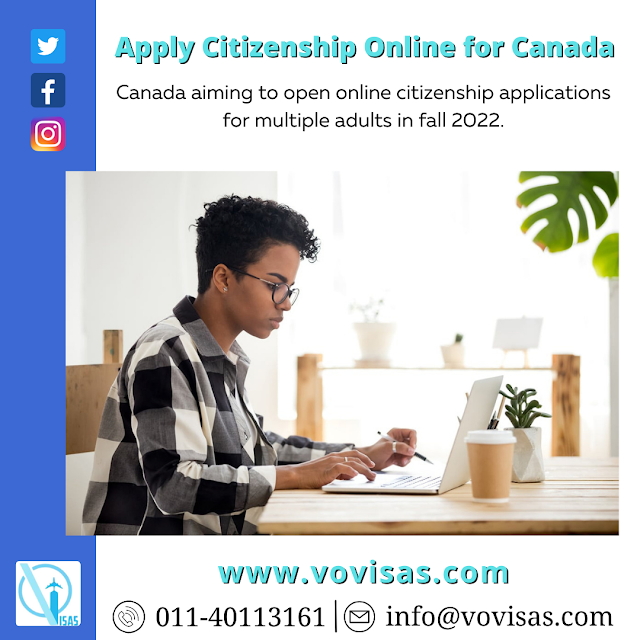Canada aiming to open online citizenship applications for multiple adults in fall 2022.

Do you want to applyfor Canadian citizenship online? Couples and families with multiple adults will soon be able to apply for citizenship online, according to Immigration, Refugees and Citizenship Canada (IRCC). Currently, only single adult applicants can submit citizenship applications online. However, adults can apply together in fall 2022, IRCC told CIC News in an email. After that, the online portal for minors and families will open. "IRCC is working to expand electronic applications to allow adults (i.e. 18+) to apply online together as a family or group, and is currently targeting fall 2022," an IRCC spokesperson said. "Plans have begun. Further expand the scope of electronic applications to include persons under the age of 18, as well as adults and minors applying together as a family or group.” IRCC said it would begin developing "additional capabilities for agents" following the implementation of electronic filings. Currently, representatives



.jpg)

.jpg)